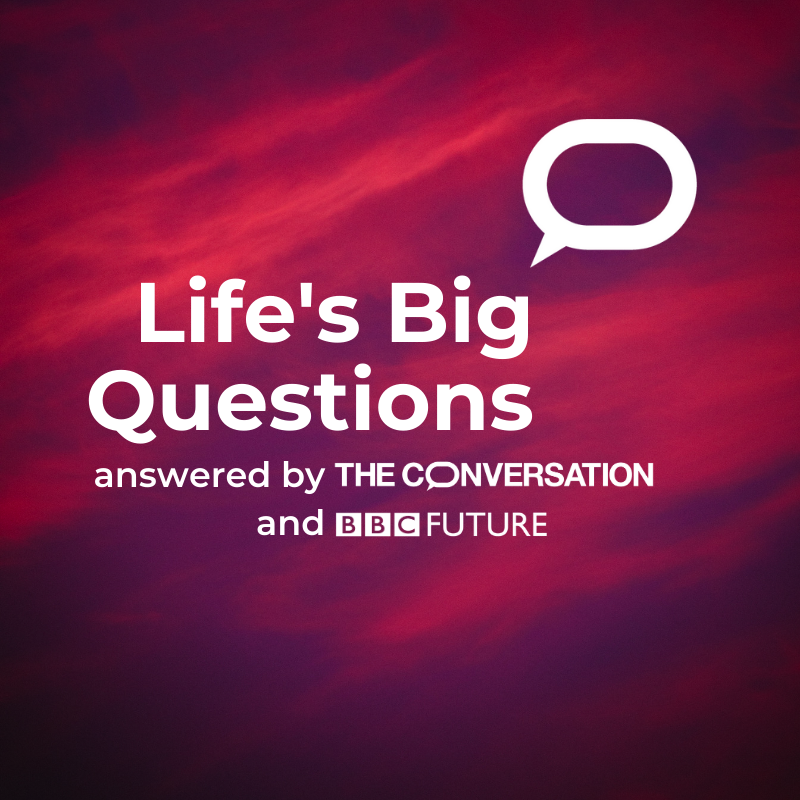The human brain is programmed to sympathize with loved ones. Researchers at the University of Virginia have shown that, faced with a dangerous situation, our minds do not distinguish between our own safety and that of the people we care about.
People’s ability to put themselves in the place of others varies depending on a stranger or someone they know, according to researchers, the human brain separates known people from others, so that people in their social environment intertwine at the neurological level. James Coan, a professor at the University of Virginia, says that “with familiarity, others become part of us. “
- Humans have evolved to have an identity of their own.
- In which loved ones are part of their neural network; therefore.
- People must have friends and allies.
Researchers found that the regions of the brain responsible for responding to the threat become operational when a friend is in danger in the same way as the activity that is triggered when the threat is presented to the person; However, when the threat refers to a stranger, these areas of the brain show no activity.
According to Coan, discovery demonstrates the brain’s great ability to integrate with others, so people close to us become part of us. It makes a person feel really threatened when a friend or loved one is in danger. In the words of Coan himself: “If a friend is in danger, the same would happen if we were threatened. We can understand your pain or difficulty in the same way we can understand our own pain.
In light of the above, it is inevitable to ask the following questions: why, then, are some of us able to harm the people we love?What happens when one person behaves cruelly with another?
These attitudes, generally brief and sporadic, demonstrate the most vulnerable part of people, they are a response to separate the other from the neural network itself, a natural response of self-protection.
One way to break this pattern of behavior is to strengthen self-love and recognize that negative behavior toward loved ones is a manifestation of the hatred we feel for ourselves.
These patterns of behavior are learned very often within the family and transmitted from generation to generation, the study mentioned offers interesting clues to break this cycle, if a person does not try to defend himself, it will be possible to keep others in his own. neurological plot, which will reinforce the feeling of being worthy of love among them. This way, everyone will feel safer.
One of the most interesting aspects of this study is the conclusion that not having empathy for loved ones represents a lack of self-esteem, understanding that this self-hatred is neurobiological and causes cruelty in relationships with loved ones should serve to disrupt this cycle of anger in the relationship with the other.
If someone hates himself, it makes sense that his empathetic response will fail with his loved ones. This is where the importance of developing self-love and self-esteem lies.

